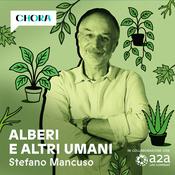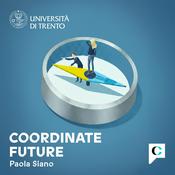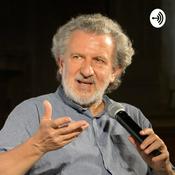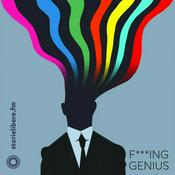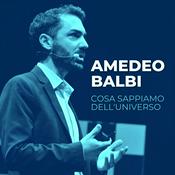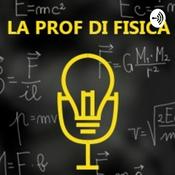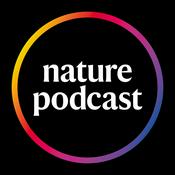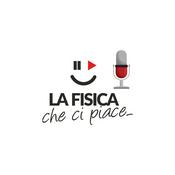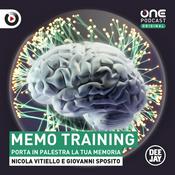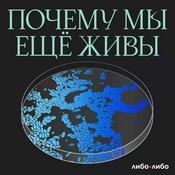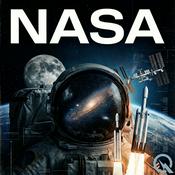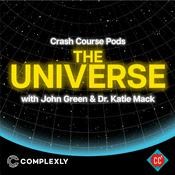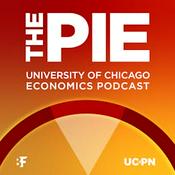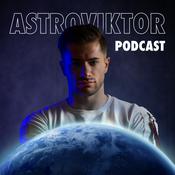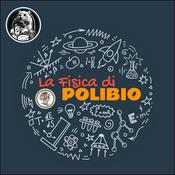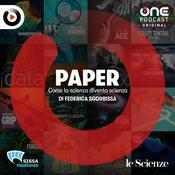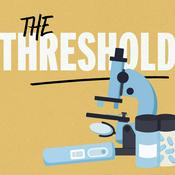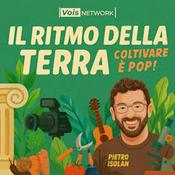208 episodi

What happened to the birds in 'The Twelve Days of Christmas'?
10/12/2025 | 14 min
We all know it. We've all sung it. Perhaps we've even answered a quiz question about it*. The Twelve Days of Christmas has become as quintessentially festive as a figgy pudding, or the bad joke in your Christmas cracker. But why exactly is your 'true love' gifting all these birds? And importantly, how are they faring nowadays? Prof Andy Gosler (from the Edward Grey Institute in the Department of Biology, and Institute of Human Sciences in the School of Anthropology) is the only professor of 'ethno-ornithology' in the world, specialising in the study of the relationships between birds and people. So, who better to be our guest on this festive edition of the Big Questions Podcast, where we take a deep dive into one of our favourite Christmas carols? (*There are 364 presents in total, by the way!)

What is quantum computing?
26/11/2025 | 15 min
Want to make something feel immediately complicated, inaccessible or downright mysterious? Stick the word 'quantum' in front of it. Or, at least, that's how many of us feel. But don't worry! Experimental physicist William Cutler from Oxford's Department of Physics is here to break things down, explaining exactly what a quantum computer is, and sharing the remarkable potential that quantum computing holds for advancing fields ranging from drug-discovery to internet security.

Could vaccinations stop people from getting cancer?
12/11/2025 | 17 min
Finding a cure for cancer is unarguably one of the biggest medical challenges that we face. But what if we could find a way to prevent cancer before it even starts? In this special extended edition of the Big Questions Podcast, we chat to Professor Sarah Blagden, an experimental oncologist at the University of Oxford, and Anna Fry, who has the cancer predisposing condition Lynch Syndrome - putting her at increased risk of developing colorectal and other cancers. Sarah explains how clinical trials of vaccines targeting 'pre-cancer' could revolutionise the fight against cancer, beginning with those at greatest risk.

Why do I bite my nails?
29/10/2025 | 14 min
Many of us will be familiar with Body-Focused Repetitive Behaviours (BFRBs), perhaps without even realising it. Such behaviours - which include hair-pulling, nail biting and skin picking - can not only cause physical harm, but also often bring feelings of shame. Because of this, open discussion around BFRBs has been limited. In this episode of The Big Questions Podcast, we chat to Prof Clare Mackay from Oxford's Department of Psychiatry, who both studies and lives with BFRBs.

How do you find a theoretical particle?
06/08/2025 | 12 min
How do you detect a particle that emits no light - in other words, something invisible? This is the intriguing challenge faced by scientists hunting for 'dark matter'. In our series finale, we talk to Elizabeth Bloomfield from Oxford's Department of Physics about dark matter, how we know it exists, and why her research is taking her deep beneath a mountain in Italy in the quest to find it.
Altri podcast di Scienze
Podcast di tendenza in Scienze
Su Oxford Sparks Big Questions
Ascolta Oxford Sparks Big Questions, Ci vuole una scienza e molti altri podcast da tutto il mondo con l’applicazione di radio.it
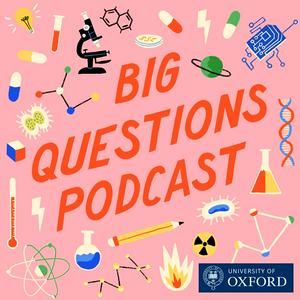
Scarica l'app gratuita radio.it
- Salva le radio e i podcast favoriti
- Streaming via Wi-Fi o Bluetooth
- Supporta Carplay & Android Auto
- Molte altre funzioni dell'app
Scarica l'app gratuita radio.it
- Salva le radio e i podcast favoriti
- Streaming via Wi-Fi o Bluetooth
- Supporta Carplay & Android Auto
- Molte altre funzioni dell'app


Oxford Sparks Big Questions
scarica l'app,
ascolta.

